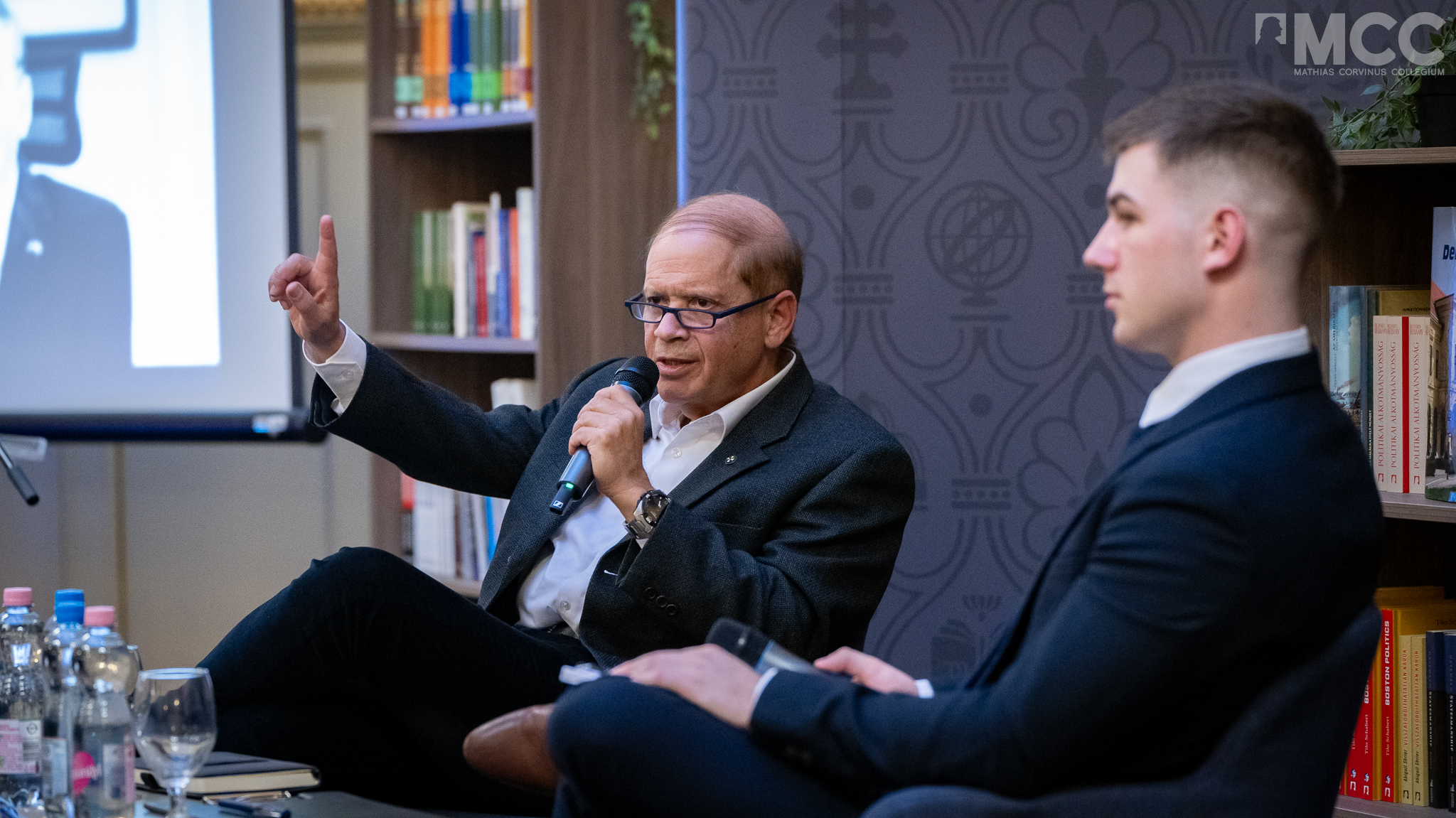At a recent talk at the MCC Debrecen training center, Yacov Hadas-Handelsman, the former Israeli Ambassador to Hungary, shared valuable insights into the ongoing geopolitical situation in the Middle East. According to him, the primary objective of Hamas was not merely to destabilize Israel, but to trigger a domino effect that would have led to the country’s complete annihilation.
Hadas-Handelsman emphasized that the October 7th terrorist attack was not a random occurrence but rather the culmination of a meticulously planned military operation years in the making. He described the assault as a well-coordinated effort, one that had been delayed multiple times for various reasons. He further explained that Israel did not respond immediately to the attack due to internal conflicts within the country, highlighting the complex political landscape that often hinders swift decision-making.
One of the significant threats in the region, as highlighted by Hadas-Handelsman, is Iran’s nuclear weapons program. He stressed that Iran’s pursuit of nuclear arms poses a danger not only to Israel but also to the entire Middle Eastern region and Europe. The former ambassador noted, “When a country possesses nuclear weapons, its neighbors treat it differently. They are not only a deterrent but also a potential tool for aggression.”
Despite these threats, Hadas-Handelsman also pointed to a potential strategic opportunity in the region. He believes that Israel’s technological superiority, combined with the capital of Gulf countries, creates a winning combination that benefits both parties. He advocated for strengthening the Abraham Accords, which he sees as not only a tool for preventing future wars but also a foundation for the economic and technological development of the Middle East.
Through his remarks, Hadas-Handelsman underscored the critical importance of both military preparedness and diplomatic cooperation in ensuring stability and prosperity in the region. As global dynamics continue to shift, the strengthening of these alliances and the focus on technological progress may play a crucial role in shaping the future of the Middle East.


















